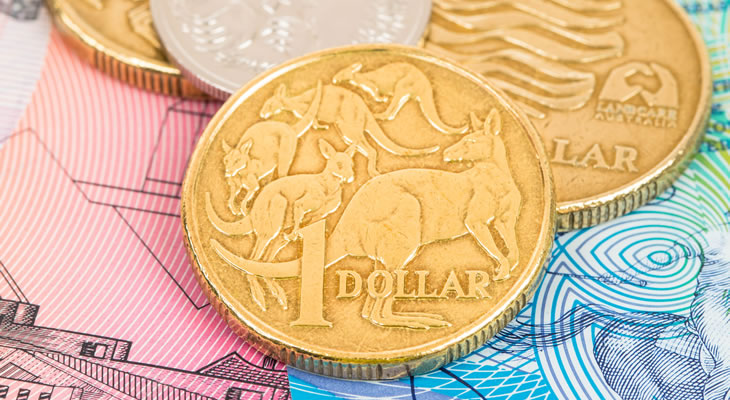The Pound Sterling to Australian Dollar (GBP/AUD) exchange rate strengthened on Wednesday despite the release of positive Aussie data. Economists are looking ahead to Employment and inflation data due later in the week.
The GBP/AUD exchange rate rose to a session high of 1.982
Data released early in the session showed that home loans in Australia increased by 2.7% in December, a figure that was better than the 2.0% rise forecast by economists. The preceding months figure was revised down to a fall of -0.4% from an earlier reading of -0.7%.
Another report published by Westpac Banking Corporation showed that consumer sentiment rose by 8% in February, a sharp rise from the 2.4% increase seen in the first month of this year. The cause for the sharp rise in sentiment was lower oil prices and the first interest rate cut made by the Reserve Bank of Australia in 18-months.
‘The result was much stronger than we had expected. It is probably best to assess the progress by noting that the index is now 1% above its reading in April last year. That was the last reading prior to the May budget, after which the consumer sentiment index plummeted 6.8%. Up until today, confidence had struggled to make up any ground following that shock,’ said Bill Evans, chief economist at Westpac.
Geopolitical Worries Dent Sentiment
Sentiment towards perceived riskier commodity and emerging assets remains weak and put pressure on the Australian Dollar despite the release of the positive domestic data. Concerns are especially high over the Greek crisis and weak commodity prices.
‘Falling commodity prices fuelled by fears of Greece exiting the Eurozone, and speculation that the Federal Reserve will hike interest rates sooner than expected are powering the US Dollar and Pound,’ said OANDA Asia Pacific trader Stephen Innes.
The Greek government won a vote of confidence on Tuesday night and now the stage is set for a showdown with the nation’s creditors in high stakes talks in Brussels due to be held today. Any sign that a deal will not be reached will likely weaken the Australian Dollar further as concerns over a Greek exit from the Eurozone will undoubtedly rise.
Most observers are not expecting any deal to be reached today so risk sentiment is likely to remain low.
Economists will now be focusing on Thursday’s Australian employment data and Friday’s consumer inflation expectations report.

